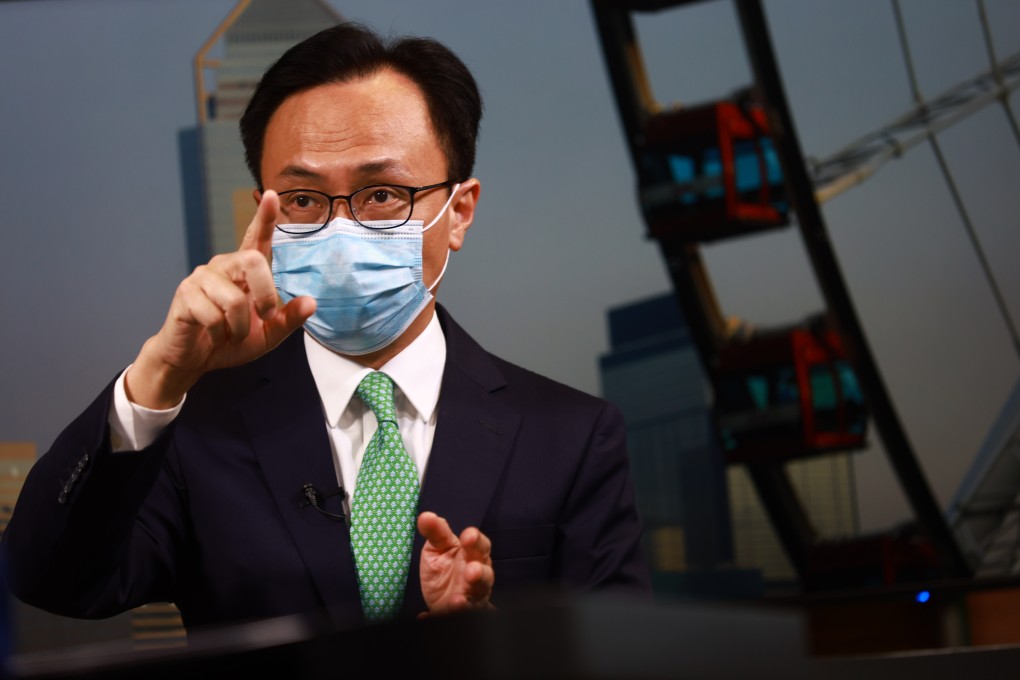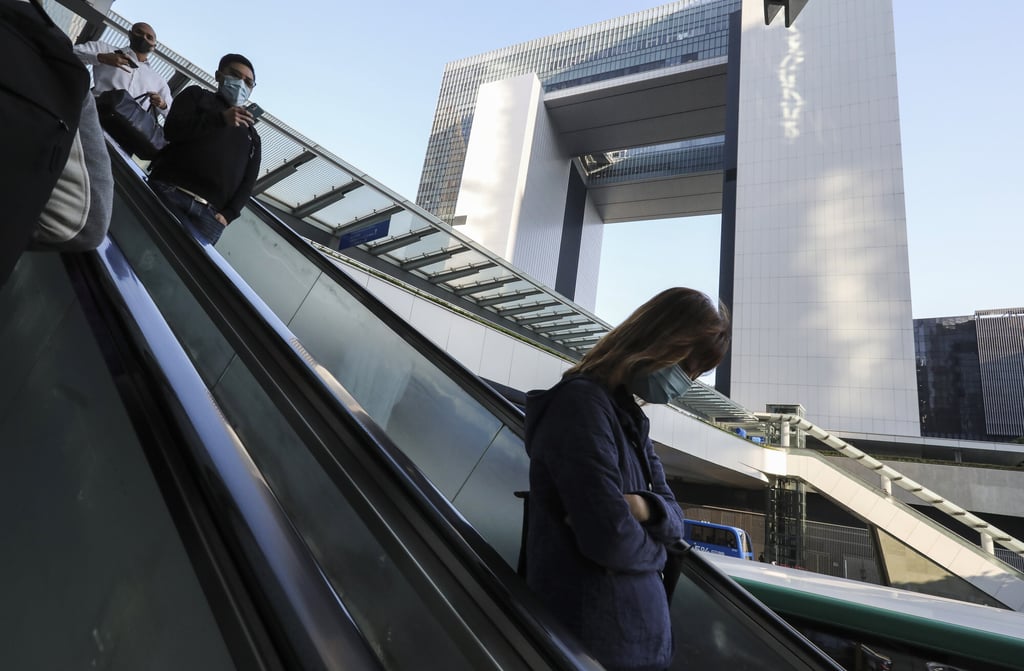Hong Kong’s recent electoral overhaul, national security law can’t be viewed apart, civil service chief tells staff
- In a meeting two days after last week’s sweeping revamp was endorsed, Secretary for the Civil Service Patrick Nip says the specifics have to be interpreted alongside existing security legislation
- Both are part of a ‘one-two punch’ necessary to maintain the ‘one country, two systems’ principle, civil servants told as they are encouraged to help promote Beijing-imposed changes

Secretary for the Civil Service Patrick Nip Tak-kuen said in a Faceboook post on Tuesday he had told government staff in a closed-door meeting that they should work to promote any changes to the system, and make more frequent visits to mainland China to gain a deeper understanding of the country’s development.
The number of Legco seats directly elected by residents was also slashed dramatically, from 35 to 20, while anyone hoping to run must now be vetted by a new committee – changes critics have argued would bar most opposition candidates from the race.
But while the changes endorsed by the National People’s Congress Standing Committee were notable for their specificity, Nip said they must still be interpreted side by side with the Beijing-imposed national security law, which bans secession, subversion, terrorism and collusion with foreign forces.
“Both are major measures implemented at a national and constitutional level and related to whether the one country, two system principle can be implemented, as well as whether it can get back to its original intent and purpose,” he wrote.
“The national security law aims to protect national security, while improving the electoral system will ensure that those entering the political system meet the requirements of patriots.
